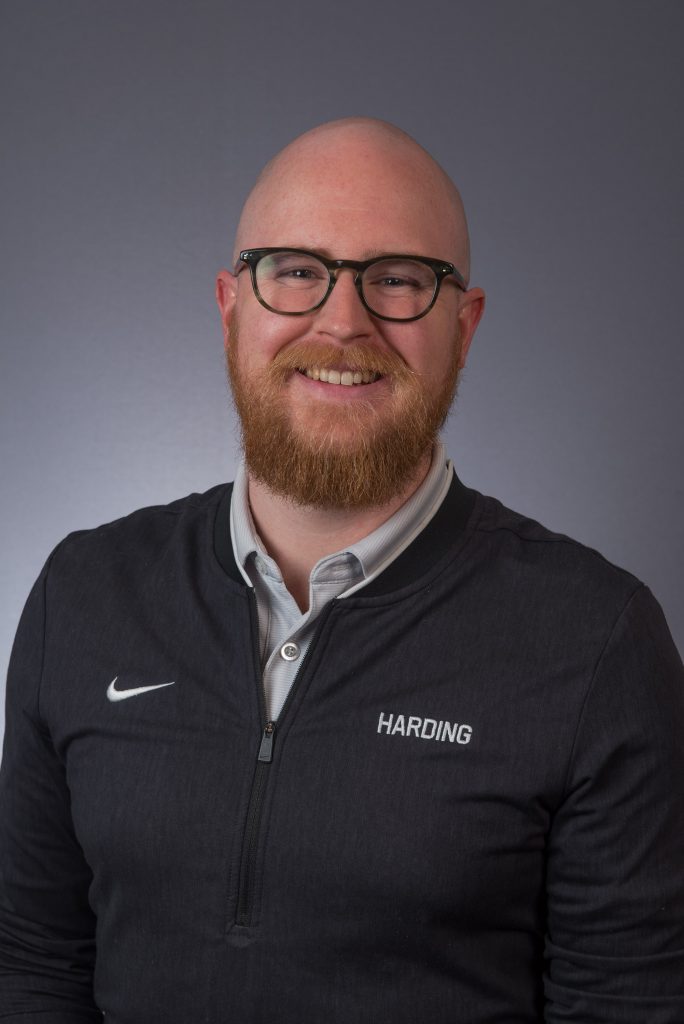By Garrett Escue

Last year, my social media algorithm presented me with a video of Simon Sinek addressing the issue of why companies end up with managers when what they need are leaders. In that presentation, Sinek said, “The problem is, in too many companies, we teach people how to do a job well … and we give them tons of training in the beginning. Then we promote them to positions of leadership, and we give them no training whatsoever.”
No training whatsoever for leadership development is far too common. Perhaps this has been your experience, or perhaps you have seen it in your workplace. While organizations invest significant money in the training and onboarding processes so their employees can do their jobs well and achieve results, most fail to continue to invest in developing leaders. Thus, there is a cycle of promoting those who are really good at their jobs while failing to develop their leadership potential. Sinek also said that leaders are “responsible for the people responsible for results.” For some reason, I cannot get this video and this concept out of my head. The idea that leaders are responsible for people resonates with me. Unfortunately, most potential leaders become mere managers when all they know is how to do their jobs; leadership requires an entirely different skill set that must be learned.
In May, I will complete my Master of Arts in organizational leadership. Throughout this program, I’ve become a leadership nerd. If you were to ask my social media algorithms, they would say, “Yes. Leadership nerd. Checks out.” I’ve gained so much from this program, including a better understanding of what leadership truly means. I’ve also learned that leadership is not inherent and can be taught. After almost two years of leadership development from the Center for Organizational Leadership , I now understand that leadership means we are responsible for the people who are responsible for the results because I’ve seen it modeled over and over by my professors.
As I wrap up my graduate studies, I am becoming increasingly aware of the many benefits of this program. I have received a quality education that is vigorously preparing me for the next steps. The courses I have taken over the last couple of years have been packed full of relevant knowledge that absolutely will help me achieve results both in my current and future workplaces. My peers come from diverse backgrounds and a variety of professional roles, and I’ve learned much from them. I am proud of what I have learned in my classes, and I am inspired to learn more. In fact, after I finish my master’s degree, I plan to continue my education and begin a doctoral program. This new goal frankly surprises me and likely surprises anyone who knew me in high school or as an undergraduate student. My high school and college transcripts do not tell the story of the type of student who might pursue a doctoral degree.
Before this program, I did not earn good grades in school. It was not because I could not do the work or because I did not care about achievement. Actually, I cared about achievement too much. In whatever I was doing, I wanted to achieve the highest possible result. If I was studying for a test, my desire was to achieve an A. But, if doubt crept in and I began to believe that an A was improbable, I would self-sabotage. At the time, I believed it would be better to get a C and not try than it would be for me to give it my very best and come up short ( all my Enneagram 3s out there are nodding their heads) . As you might expect, I self-sabotaged a lot. What was supposed to be a defense mechanism so that I could maintain a sense of self-confidence quickly became a defeating reality. Eventually, I stopped believing in myself.
Thankfully, the faculty for the MAOL program understand what good leaders understand — namely that they are not responsible for grades or results. They are responsible for the students who are responsible for the results . The faculty in this program have believed in me and in my potential even more than I have believed in myself at times. This supportive culture they have created is the secret sauce that makes this graduate program experience excellent.
As Albert Einstein said, “I never attempt to teach my pupils. I only attempt to provide the conditions in which they can learn.” The faculty who teach for the MA in organizational leadership provided me with conditions where I not only learned but thrived. I have been well cared for, supported and led. In many ways, I have learned more about what good leadership looks like from my interactions with peers and faculty than from the course materials. I’ll forever be grateful for my graduate education. It has trained me and helped me see my own potential. While I won’t particularly miss giving up my weekends for coursework, I will miss the culture and the people. Words cannot express my appreciation for the coffees, cookouts, conversations on back porches and Zoom discussions with my professors. They have transformed me by not simply teaching me about leadership, but by involving me in it.
As Ben Franklin said, “Tell me and I forget, teach me and I may remember, involve me, and I learn.” Becoming involved in the Master of Arts in organizational leadership has opened doors that I never expected to walk through.